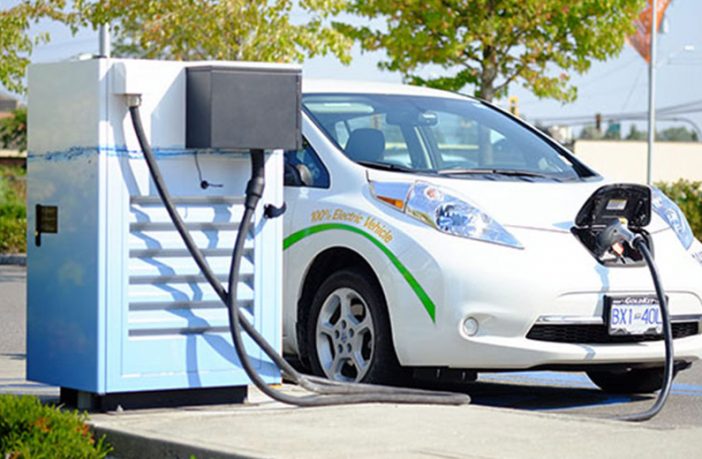- Rocky Mountain Institute (RMI) has released a report exploring how cities can support the adoption of electric vehicles.
Focusing on the Chinese city of Shenzhen, where nearly 60,000 electric light trucks and vans have been deployed in the last three years, the report explores how the city has adapted to them. It also looks at one of the most important questions to accelerating the adoption of electric vehicles: how to effectively provide charging infrastructure.
RMI looked at driving records of more than 10,000 electric delivery vehicles in Shenzhen, as well as interviews with companies that own and operate those vehicles. The report analyses how those vehicles are charging and what can be done to improve the charging system.
Dave Mullaney, report author and manager at RMI, said that more research is needed to enhance the effectiveness of policymaking regarding electric vehicle charging and to encourage the private sector to invest in the growth of the system.
RMI has identified several insights as to how cities can create a better charging climate and support further uptake of electric freight delivery vehicles. These include:
- Using data to inform decisions: Policy that facilitates a better integration of data into city planning processes could help optimise the location of charging infrastructure around areas of high demand and where the grid has capacity.
- Looking at pricing: Current electricity pricing encourages charging practices that are unsustainable for the grid in the long run, as evidenced by the preference for fast charging during peak times of demand. Using insights from existing charging data, smarter strategies in electricity pricing could support a broader distribution of charging in time and space and create a more sustainable pattern of energy usage.
- Pooling information: Data providers partnering to provide a unified source of information will address current inefficiencies and ease the friction that vehicle operators currently face when charging.
RMI hopes that a deeper understanding of Shenzhen’s experience can be a guide for other cities across the world aiming for a cleaner, low-carbon future.
Download the full report from RMI here.
Author: GBA News Desk
Source: Rocky Mountain Institute











